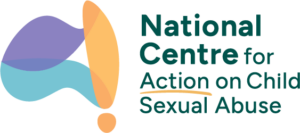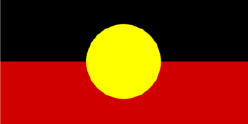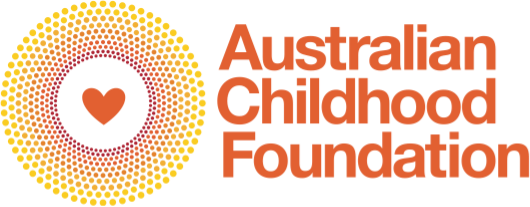News
Keep up to date with news and events from the National Centre.
26/03/2024
National Centre launches innovative knowledge translation activity
The National Centre was thrilled to launch it’s newest knowledge translation activity last week, March 22 – Emerging Knowledge Exchange. Emerging K…
18/03/2024
A message from the National Centre following the passing of Board Chair, Dr Joe Tucci
Dear Colleagues and Friends of the National Centre,
We are profoundly sad to let you know that our Board Chair and ACF CEO, Dr Joe Tucci passed away in Melbourne…
18/03/2024
National Centre announces the appointment of its inaugural Director, Lived Experience Leadership
MEDIA RELEASE
The National Centre for Action on Child Sexual Abuse (National Centre) is delighted to announce the appointment of Ms Anna Bartsch to the role o…
04/03/2024
The National Centre’s upcoming In Conversation spotlights disability
To address these challenges, the National Centre’s next In Conversation webinar will bring together lived experience with insights from research a…
16/02/2024
Lived experience participants wanted for National Centre commissioned research
The team behind one of the National Centre’s commissioned research projects – Survivor perspectives on institutional use of child sexual abu…
08/02/2024
Jacinta Allen apologies to Victorians who experienced historical abuse and neglect as children in institutional care.
The National Centre welcomes the apology made today to Victorians who experienced historical abuse and neglect as children in institutional care.
We are pr…
08/02/2024
Our first In Conversation event for 2024 is coming soon!
Mark your calendars! The National Centre is kicking off 2024 with their next In Conversation webinar – Understanding and responding to disclosures o…
30/01/2024
National Centre seeks to expand lived experience platform
The participation of lived experience is considered essential in the human rights movement and is at the heart of the National Centre.
Since its establishme…






